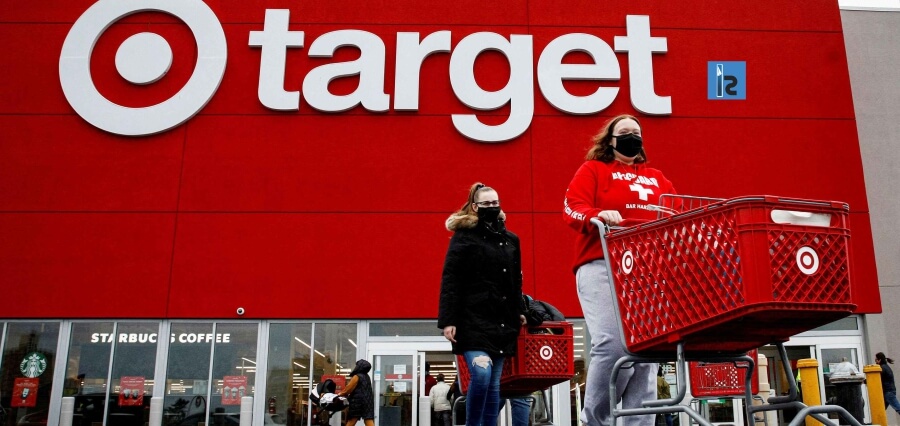Target Corporation is set to announce its fiscal second-quarter earnings, with consumer spending behaviors sending mixed signals. The retailer, which experienced substantial sales growth during the Covid-19 pandemic, is striving to recover from a disappointing previous year. Challenges such as excess inventory, increased markdowns, and reduced demand for non-essential items impacted profits.
In late May, Target informed investors of weakening sales trends, projecting a low single-digit decline in comparable sales for the second quarter. For the entire fiscal year, the company anticipates comparable sales to range from a slight decline to a slight increase.
Analysts’ consensus estimates, according to Refinitiv, predict earnings per share of $1.39 and revenue of $25.16 billion for the fiscal second quarter. However, Target could face investor disappointment this quarter. Unlike competitor Walmart, Target heavily relies on categories like apparel, home goods, and electronics, which consumers have been purchasing less frequently due to higher costs for essentials. Groceries constitute only about 20% of Target’s annual revenue.
Despite challenges, some retail metrics favor Target. Recent data from the Commerce Department revealed better-than-expected retail sales for July. Home Depot, while experiencing declining sales, exceeded Wall Street’s earnings expectations and highlighted a resilient consumer. Amazon also observed increased online and in-store sales in its latest quarter, boosted by its annual Prime Day event. Target directly competed with Prime Day through its overlapping online sale.
Target’s stock closed at $125.05 on Tuesday, reflecting a 16% year-to-date decrease. This contrasts with the S&P 500’s 15% gain. Additionally, Target faced controversy in May due to its Pride Month merchandise collection, temporarily pulling items amid threats to employees. The retailer received criticism from those who opposed carrying the items and those questioning their removal from shelves.


